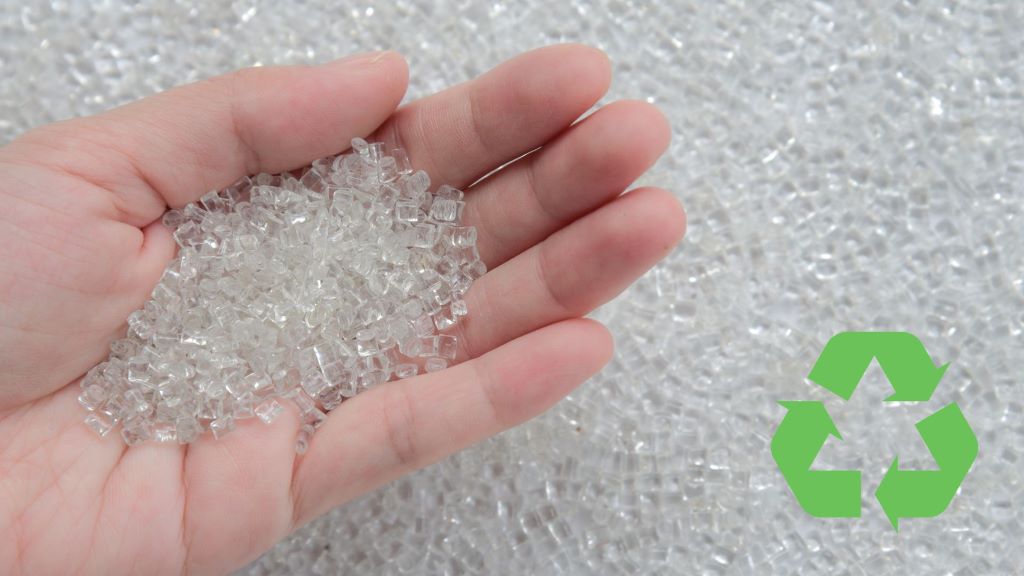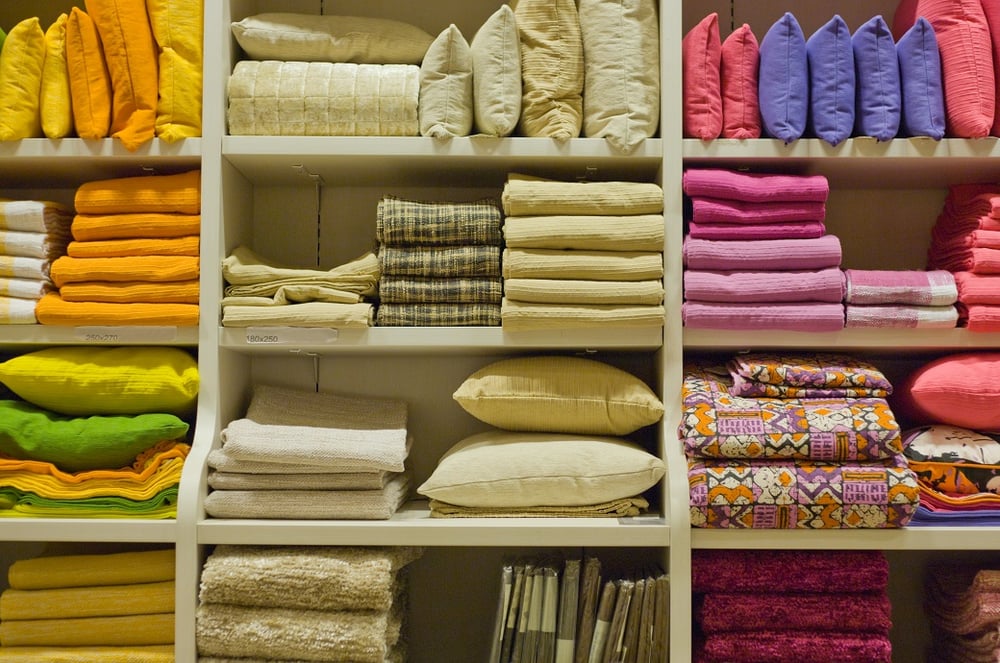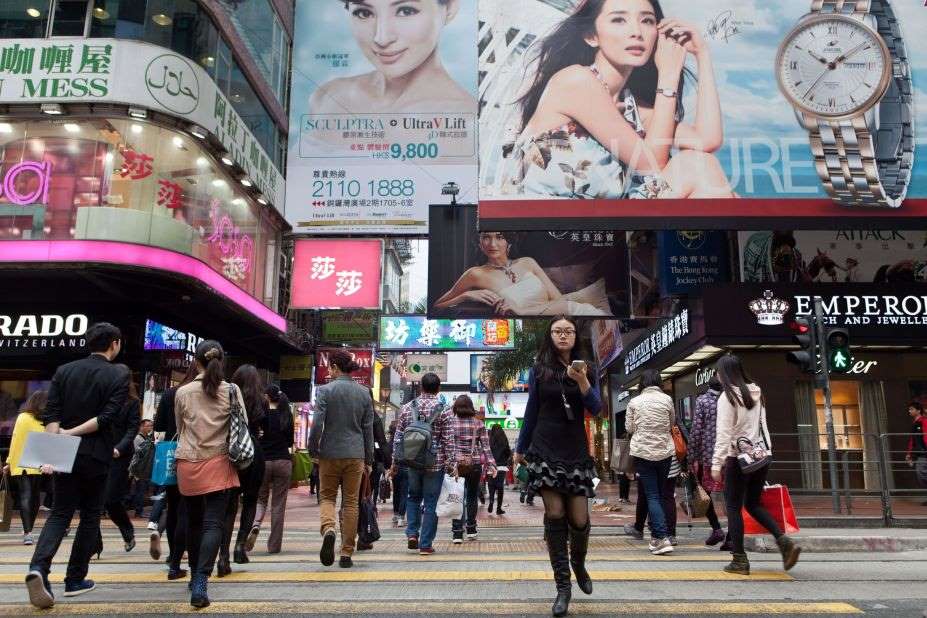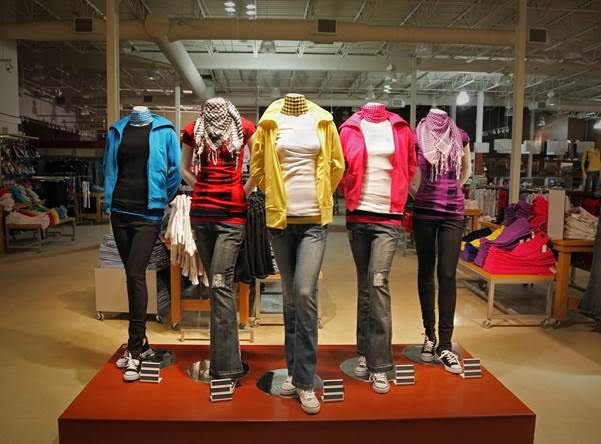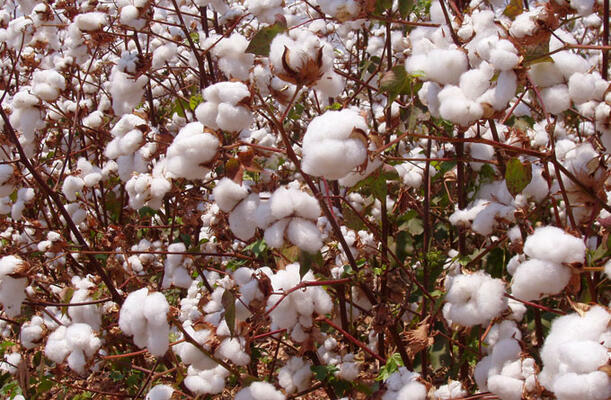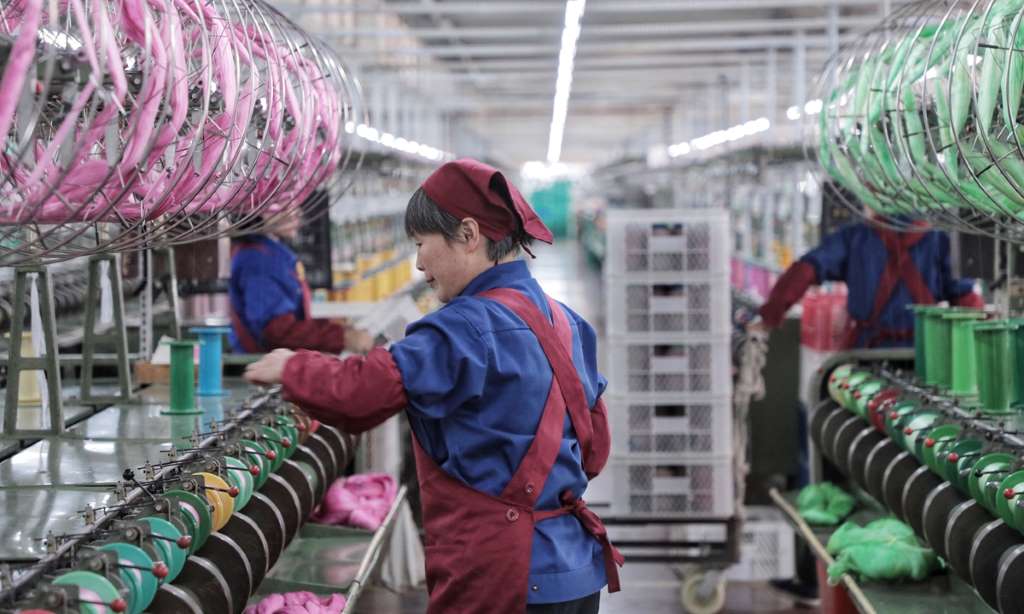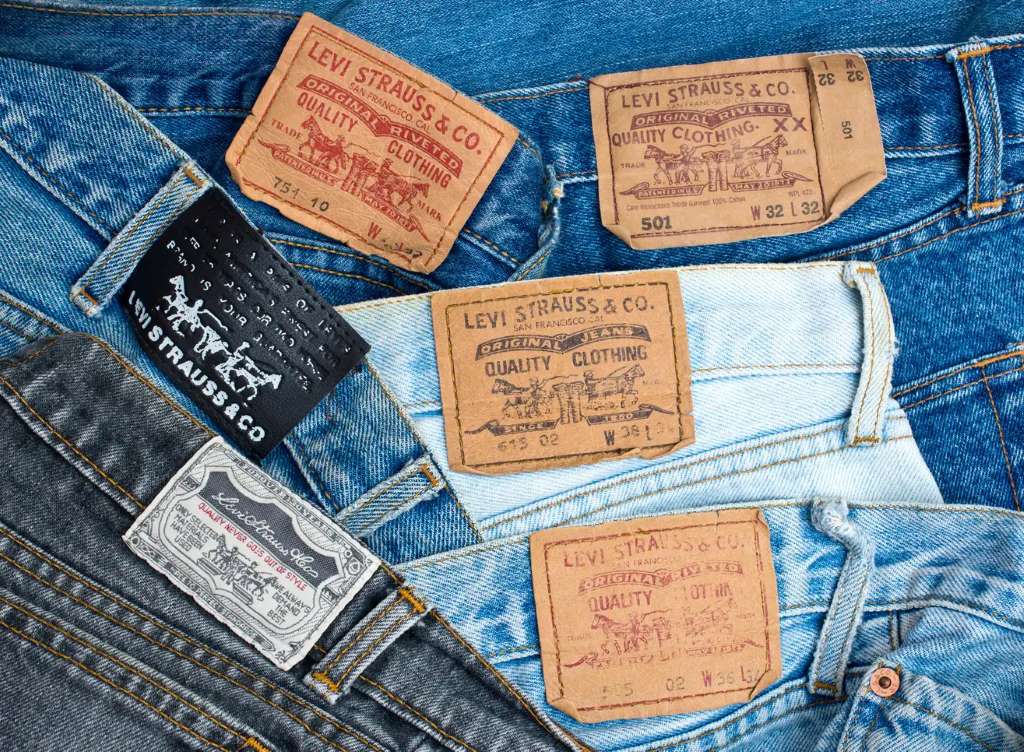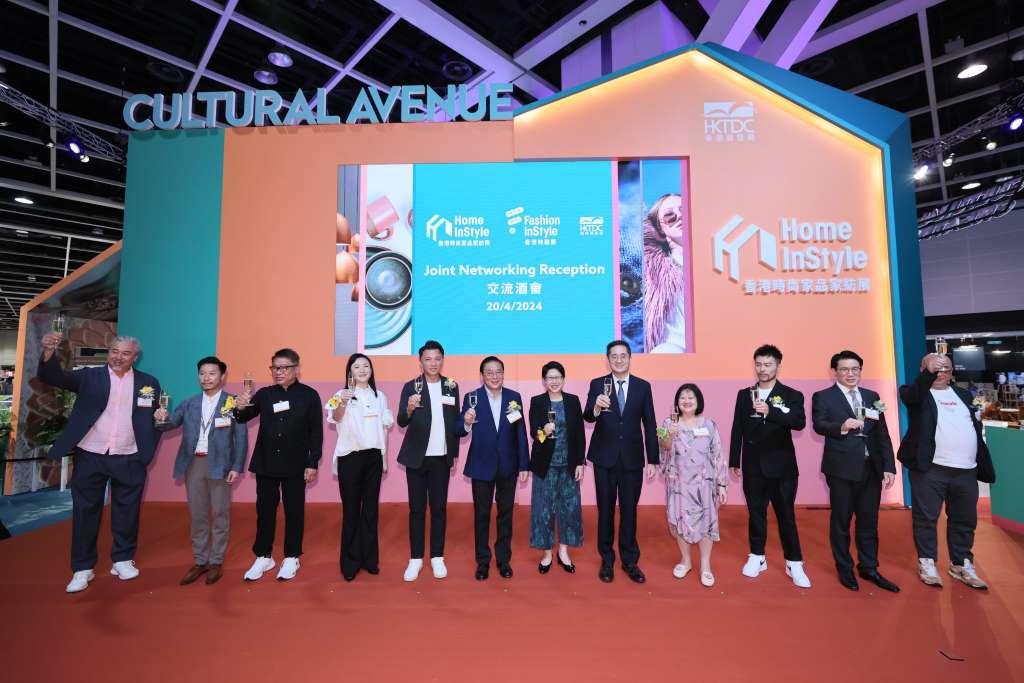FW
Bangladesh's apparel exports to the European Union market increased by 8.5 per cent M-o-M to approximately €1.3 billion in February 2024, marking the highest increase in the past four months.
However, Bangladesh’s apparel exports to the EU declined by 18.6 per cent Y-o-Y, according to Eurostat.
In the first two months of 2024, Bangladesh’s apparel exports to the EU witnessed declined by 26.74 per cent. The country’s knitwear exports to the EU during the period declined to €1.42 billion compared to €2 billion in the same period a year ago.
Similarly, Bangladesh’s woven garment exports to the 27-nation economic bloc during the first two months of 2024 decreased to €1.06 billion from €1.38 billion in the corresponding period of last year, according to Eurostat data.
Recent data from the US Department of Commerce's Office of Textiles and Apparel (OTEXA) indicates, Bangladesh lagged behind its competitors in apparel exports to the American market during the Jan-Feb’24 period.
Bangladesh’s apparel exports to the US declined by 19.24 per cent during the first two months of this year. This contrasted with China, whose apparel exports to the US grew by 0.48 per cent, and Vietnam, which recorded an increase of 0.14 per cent during the same period.
According to Eurostat, clothing imports by the EU from various countries also declined by 15.31 per cent to €12.53 billion in the first two months of 2024 from €14.80 billion in the same period last year.
Specifically, apparel imports from China dropped by 13.12 per cent to €3.33 billion in the Jan-Feb’24 period, compared to €3.83 billion in the same period of 2023.
The EU's apparel imports from Turkey decreased by 10.69 per cent to €1.54 billion from €1.72 billion in the same period of the previous year.
Exporters voiced concerns over challenges faced by the industry, including increased production costs due to utility price and wage hikes, which have made Bangladesh less competitive in the global market. SM Mannan Kochi, President, BGEMEA, emphasised, despite heightened production, proper prices are not being met by buyers.
Echoeing these sentiments, Mohammad Hatem, Executive President, BKMEA, highlights, despite an increase in inquiries from western buyers, many manufacturers are unable to fulfill orders due to low prices offered by buyers.
Moreover, the ongoing gas crisis in the country has resulted in an increase in Bangladesh's lead times to 89-90 days from 50-60 days. This is making difficult for apparel makers to meet the demand for shorter lead times by buyers. Consequently, many western buyers are turning to Vietnam and China for their orders.
Bangladesh’s apparel exports to the US also declined notably during the Jan-Feb’24 period, according to data from the US Department of Commerce's Office of Textiles and Apparel (OTEXA).
Meanwhile, clothing imports by the EU from various countries, including China and Turkey declined during the first two months of 2024, indicating a broader trend of reduced apparel imports into the bloc.
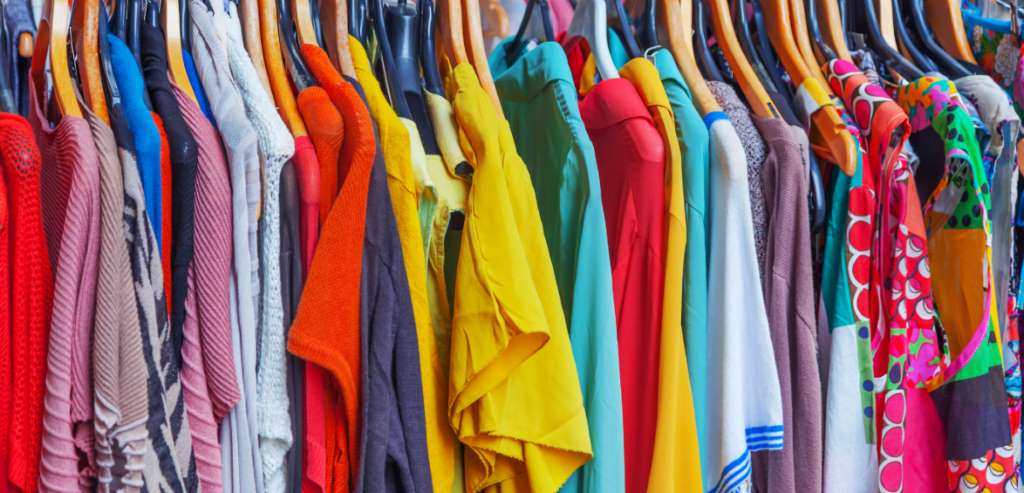
Wazir Advisors April 2024 report on global apparel trade paints a worrying picture, with major markets like the US, EU, and UK experiencing a significant drop in apparel imports. This, coupled with concerning retail trends and a dip in consumer confidence, suggests a potential economic slowdown on the horizon.
Falling imports signal cautious consumers
US apparel imports have dipped by 9 per cent year-to-date compared to 2023, despite a flat February figure. This suggests retailers are stocking less inventory, anticipating potentially weaker demand.
The EU paints a similar picture, with a 15 per cent YTD decline in imports. Notably, both the US and EU have seen a decrease in sourcing from China, potentially indicating a shift towards diversification or a response to rising geopolitical tensions. The UK's situation is more dramatic, with a staggering 18 per cent YTD decline in imports. This could be due to Brexit-related trade disruptions or a more cautious consumer base in the face of economic uncertainty.
Japan is the lone bright spot, with apparel imports growing by 5 per cent YTD compared to 2023. However, this could be a temporary phenomenon and may not be indicative of long-term strength.
Shifting supplier landscape
The data also highlights a changing supplier landscape. While China remains a dominant player, its share is decreasing in the US, EU, and Japan. Vietnam and Italy are emerging as potential beneficiaries, with their share increasing in the US and UK markets, respectively. This trend indicates a potential diversification of sourcing strategies by major apparel companies.
Consumer spending, a tale of two trends
Despite the import slowdown, US apparel store sales have remained resilient, with a 4 per cent YTD increase. This suggests consumers are still spending on clothing, but perhaps more cautiously. Apparel store sales show a modest 1 per cent year-over-year increase, while home furnishing sales experience a steeper 11 per cent decline. This suggests a shift in consumer spending priorities, potentially favoring essential items over discretionary apparel purchases. However, strong growth in online apparel sales (7 per cent in Q4 2023) indicates a potential preference for online shopping channels.
The UK presents a more stable picture, with apparel store sales remaining flat year-over-year. This, alongside a significant 20 per cent growth in online clothing sales (Q4 2023), reflects a continued focus on apparel purchases despite potential economic anxieties. This also suggests a potential move towards online shopping for apparel, but overall spending may be stagnating.
India feels the pinch
India's apparel exports have dipped slightly (1 per cent YTD), reflecting the slowdown in key markets like the US and UAE. This highlights the vulnerability of economies heavily reliant on apparel exports. However, a significant drop in India's apparel imports (17 per cent year-to-date) suggests potential cost-cutting measures by domestic apparel.
Uncertain economic outlook
The combined data paints a picture of a cautious consumer and a potentially slowing global economy. Rising inflation and potential interest rate hikes could further dampen consumer spending, impacting the apparel industry in the coming months. In fact, the apparel industry's slowdown reflects broader economic anxieties. Consumers seem to be prioritizing essential purchases, with a shift towards online shopping. However, the decline in home furnishing sales suggests a potential pullback in discretionary spending. This mixed picture makes it difficult to predict the future of the apparel trade.
Moving ahead, the apparel industry needs to navigate a complex landscape. Diversifying markets and catering to evolving consumer preferences for online shopping and potentially value-driven purchases will be crucial for success. Additionally, staying abreast of economic developments and adapting strategies accordingly will be essential for businesses to weather the current storm.
Favorable investment climate, abundant workforce, and an open economy have led to rise in foreign direct investment (FDI) in Vietnam’s garment and textile sector.
In Q1FY 2024, FDI contributed over 60 per cent to the $8 billion export revenue achieved by Vietnam's garment and textile industry
Vu Duc Giang, Chairman of the Vietnam Textile & Apparel Association (VITAS), notes, foreign garment and textile companies are expanding their presence in Vietnam to capitalise on the opportunities offered by the Vietnamese market. This expansion is a result of the various free trade agreements (FTAs) being signed by Vietnam, especially recent agreements like the Comprehensive and Progressive Agreement for Trans-Pacific Partnership (CPTPP), EU-Vietnam FTA (EVFTA), and Regional Comprehensive Economic Partnership (RCEP).
The industrial parks management board of Nam Dinh province has also granted an investment certificate to Hong Kong-based Crystal International Group to develop its $60 million Yi Da Denim Mill project. The group already operates several plants in northern localities such as Hai Duong, Hai Phong, Bac Giang, and Phu Tho, as well as in the southern province of Binh Duong. These operations have already generated export revenue worth around $1 billion besides creating employment opportunities for approximately 40,000 local workers.
In another development, the world's leading zipper producer from Japan, YKK Corp has invested in its second plant in the Dong Van industrial zone of Ha Nam province. Highlighting the company’s remarkable growth in Vietnam over the last 25 years, Yuji Furukawa, General Director, YKK Vietnam, notes, zipper productivity in the country has increased by 100 times while workforce has expanded to 2,800 employees. Currently, the Vietnamese plant of the company manufactures all of YKK products, thus eliminating the need for imports and even enabling exports to countries like Cambodia and Myanmar.
Adding to this momentum, a subsidiary of China's Weixing group, SAB Industrial Vietnam Company, inaugurated its $62 million factory in Thanh Hoa province. Spanning 66.44 hectare, the factory produces various items including metal, plastic, and nylon zippers, as well as plastic and metal buttons. This investment not only reduces the sector's reliance on imported raw materials but also improves manufacturing efficiency and lowers transport costs, enhancing the competitiveness of Vietnamese products.
The Bangladesh Garment Manufacturers and Exporters Association (BGMEA) urged the US government to support and collaborate to ensure fair minimum prices for apparel manufactured in the country. The association also urged for the establishment of a unified code of conduct for social audits.
These demands were raised by SM Mannan Kochi, President, BGMEA during a meeting between the association and a delegation from the US Trade Representative (USTR) at the BGMEA Complex in Dhaka on April 22. The
BGMEA also urged the US government to reinstate the Generalised System of Preferences (GSP) in favor of Bangladesh and include garment items in its GSP program.
Led by Brendan Lynch, Assistant US Trade Representative for South and Central Asia, the USTR delegation included Emily Ashby, Director - South and Central Asia, USTR and Jennifer Oetken, Director for Labor Affairs, USTR, etc.
The BGMEA delegation was led President SM Mannan Kochi, along with other key officials such as Khandoker Rafiqul Islam, Senior Vice President and Md Nasir Uddin, Vice President-Finance.
During the meeting, Mannan highlighted the significant progress made by Bangladesh's RMG industry in ensuring workplace safety, workers' rights, and ongoing labor law reforms. He emphasised the commitment of both the Bangladeshi government and the industry to further improve workers' rights and welfare.
While acknowledging Bangladesh's progress in the labor sector, the USTR delegates briefed the meeting about the US government's labor action plan and areas where further improvements, including amendments in the labor laws, are necessary.
The meeting underscored the importance of collaboration and engagement in making the ready-made garment industry more sustainable. Both parties expressed their commitment to ongoing dialogue and cooperation towards achieving these goals.
The Bangladesh Garment Manufacturers and Exporters Association (BGMEA) urged the US government to support and collaborate to ensure fair minimum prices for apparel manufactured in the country. The association also urged for the establishment of a unified code of conduct for social audits.
These demands were raised by SM Mannan Kochi, President, BGMEA during a meeting between the association and a delegation from the US Trade Representative (USTR) at the BGMEA Complex in Dhaka on April 22. The
BGMEA also urged the US government to reinstate the Generalised System of Preferences (GSP) in favor of Bangladesh and include garment items in its GSP program.
Led by Brendan Lynch, Assistant US Trade Representative for South and Central Asia, the USTR delegation included Emily Ashby, Director - South and Central Asia, USTR and Jennifer Oetken, Director for Labor Affairs, USTR, etc.
The BGMEA delegation was led President SM Mannan Kochi, along with other key officials such as Khandoker Rafiqul Islam, Senior Vice President and Md Nasir Uddin, Vice President-Finance.
During the meeting, Mannan highlighted the significant progress made by Bangladesh's RMG industry in ensuring workplace safety, workers' rights, and ongoing labor law reforms. He emphasised the commitment of both the Bangladeshi government and the industry to further improve workers' rights and welfare.
While acknowledging Bangladesh's progress in the labor sector, the USTR delegates briefed the meeting about the US government's labor action plan and areas where further improvements, including amendments in the labor laws, are necessary.
The meeting underscored the importance of collaboration and engagement in making the ready-made garment industry more sustainable. Both parties expressed their commitment to ongoing dialogue and cooperation towards achieving these goals.
Renowned global apparel leader, HanesBrands Inc is steadfastly progressing towards achieving its ambitious sustainability targets. As outlined in its 2023, Sustainability Summary Report, the company aims to achieve zero waste across its operations by 2025 besides transitioning to 100 per cent renewable electricity by 2030.
This report underscores the substantial progress made by the company across the pillars of People, Planet, and Product, which encompass its esteemed brands like Hanes, Champion, Bonds, Maidenform, and Bali. Notably, HanesBrands attained approval on its near-term science-based targets from the Science Based Targets initiative, indicating its commitment to combating climate change.
Since 2019, the company has been successful in decreasing its Scope 1 and 2 greenhouse gas emissions by 53 per cent and Scope 1 and 2 intensity by 41 per cent. Moreever, it has reduced water usage and packaging weight considerably.
HanesBrands' dedication to sustainability has also translated into tangible financial benefits, with the company saving $23 million since establishing sustainability goals in 2020, including over $10 million saved in 2023 alone.
Steve Bratspies, CEO, HanesBrands, attributes the company’s success in achieving sustainability targets to its associates whose focus on delivering good quality, comfortable products while prioritising environmental and social responsibility, enabled Hanesbrands to achieve this feat.
To further amplify its commitment, HanesBrands has integrated thousands of its products into Amazon's Climate Pledge Friendly program. This initiative enables consumers to easily identify sustainable products, underscoring the company's dedication to transparency and eco-conscious manufacturing practices. To qualify for the program, select HanesBrands products underwent GreenCircle Certification, ensuring they were produced in facilities with significantly reduced greenhouse gas emissions and utilizing renewable energy sources.
Moreover, HanesBrands launched a global associate campaign titled ‘I'M IN,’ encouraging employees to undertake simple yet impactful sustainability actions.
Through this initiative, associates pledged 90,000 commitments to sustainable activities, demonstrating their collective dedication to fostering positive change for the planet and communities.
Recognised for its sustained excellence in energy conservation, HanesBrands has received the Energy Star Sustained Excellence Award or Partner of the Year Award from the US Environmental Protection Agency for 14 consecutive years. Additionally, the company has earned an impressive A- rating in both climate change and water security from CDP for the second consecutive year, positioning itself as a frontrunner in sustainability within its industry and among thousands of evaluated companies.
Rudolf, a global leader in textile auxiliaries and construction chemicals, is poised to redefine industry standards with its cutting-edge technologies. With a legacy dating back to 1922, Rudolf has earned acclaim for its unwavering commitment to quality, innovation, and sustainability.
At the forthcoming Techtextil exhibition from April 23 to 26, 2024, Rudolf will showcase its forward-thinking solutions to an international audience of industry leaders. As a key exhibitor at this premier trade fair, Rudolf reaffirms its position as a driving force behind future-oriented advancements in the textile sector.
Among its showcased innovations is the Bionic-Finish Eco technology, a patented fluorine-free solution that provides exceptional water repellency to textiles without compromising their tactile or visual appeal. Leveraging dendrimer-based formulations inspired by nature, this technology ensures long-lasting performance and sustainability by utilizing renewable, bio-based materials.
Furthermore, Rudolf 's strategic partnership with Honle AG, a renowned UV technology firm, marks a significant milestone in enhancing textile production processes. Collaborative efforts have yielded custom solutions, including UV curing technology, which facilitates rapid and energy-efficient curing of coatings, thereby reducing resource consumption and environmental impact.
Christoph Hauser, from Rudolf's Research and Development division, emphasizes the transformative potential of their collaborative efforts. Their solution not only offers an outstanding new option for textile coating but also actively contributes to reducing the ecological footprint.
With its pioneering technologies and strategic collaborations, Rudolf continues to lead the way towards a more sustainable and efficient future for the textile industry.
Fifteen prominent companies have made a commitment to cease sourcing from Ancient and Endangered Forests in their textile and packaging supply chains, marking Earth Day with a resounding dedication to environmental sustainability. Spearheaded by Canopy, an influential environmental non-profit, this pledge underscores a pivotal shift towards preserving vital ecosystems while advancing the cause of environmental stewardship.
Among the forward-thinking brands joining this initiative are John Lewis & Partners, Kering, C&A, and others, demonstrating a collective resolve to prioritize the well-being of both people and the planet. With an estimated 3.4 billion trees felled annually for man-made cellulosic fibre and paper packaging, the urgency of this commitment cannot be overstated.
In addition to safeguarding critical forests, these companies pledge to invest in low-carbon, circular fibre alternatives such as Next Gen materials. Marija Rompani, Director of Sustainability & Ethics at the John Lewis Partnership, expressed enthusiasm for this initiative, highlighting its alignment with the company's ethos of environmental responsibility.
Recognizing forests as indispensable guardians of global climate stability, these commitments signify a pivotal step towards mitigating climate change and preserving biodiversity. Rachel Kolbe Semhoun, Head of Sustainable Sourcing and Nature Initiatives at Kering, emphasized the importance of avoiding sourcing from vital ecosystems in their biodiversity strategy.
Moreover, this initiative showcases the innovative prowess of Next Gen companies such as BlockTexx and Nordic Bioproducts, offering sustainable alternatives to traditional forest-based materials. As regulatory frameworks evolve to address deforestation and climate concerns, these innovators stand poised to revolutionize global supply chains with their climate-friendly solutions.
Nicole Rycroft, Founder and Executive Director of Canopy, hailed the addition of these leading fashion brands and innovators on Earth Day as a pivotal moment in the quest to build a sustainable future. With over 1.14 Trillion $ in annual revenue represented by 566 brands in the CanopyStyle initiative and 249 billion $ by 444 brands in Pack4Good, this collective effort signals a paradigm shift towards a more sustainable and resilient global economy.
Vandewiele Sweden, a pioneering member of TMAS (Swedish Textile Machinery Association), unveils a B2B e-commerce platform set to revolutionize the industry.
Spearheaded by Henrik Kruse, Area Sales Manager, the platform addresses the challenge of crafting a cohesive online narrative for traditionally dialogue-driven B2B products. With a focus on global accessibility and user experience, the platform boasts a user-friendly interface featuring "exploding view" diagrams for seamless component identification and ordering.
Embracing the trend of digitalization accelerated by the pandemic, Vandewiele Sweden's platform prioritizes accessibility and added value for customers. Initially launching with IRO-branded accessories and spare parts, the platform targets textile mills, weavers, and distributors. The phased approach ensures streamlined direct sales and transparent commission structures, catering to diverse clientele needs.
With a commitment to innovation, Vandewiele promises a 48-hour dispatch leveraging third-party payment service providers for enhanced speed and reliability. Henrik Kruse emphasizes the platform's advanced yet intuitive design, primed for future expansion into machine sales.
Scheduled for an April 2024 launch, the platform anticipates a significant shift towards online sales, driven by AI, automation, and generative tools. TMAS Secretary General Therese Premler-Andersson highlights the industry's dedication to exceeding global customer needs through forward-looking initiatives.
The platform, accessible at iroonline.com, invites potential clients to register and explore the future of textile machinery commerce. Vandewiele Sweden showcases its innovation at the Techtextil technical textiles exhibition in Frankfurt, Germany, from April 23-26, underscoring its commitment to shaping the industry's future.
Increasing for seven consecutive years, China’s exports of socks, stockings and other women’s hosiery reached 18 billion pairs in 2023, marking a 7.5 per cent increase from the previous year.
However, in terms of value, women's hosiery exports from China dipped marginally to $6.2 billion in 2023, according to IndexBox estimates. The United States remained the primary destination for women's hosiery exports from China, accounting for 23 per cent of total exports, valued at $4.1 billion. This volume exceeded exports to the second-largest destination, Russia, by threefold. Japan secured the third spot with a 4.7 per cent share.
In terms of volume, exports to the United States grew by a CAGR of 18.3 per cent, while exports to Russia and Japan grew by 21.1 per cent and 8.6 per cent per year, respectively.
In value terms, the United States maintained its position as the leading market, comprising 24 per cent of total exports, valued at $1.5 billion. Japan followed with a 7.6 per cent share, amounting to $470 million, and Russia held a 6 per cent share.
Export prices declined by 11.3 per cent in 2023, amounting to $0.4 per pair (FOB, China) from the previous year. Notably, prices varied significantly by destination, with Japan having the highest price per pair at $0.6, while Brazil had one of the lowest at $0.2.
From 2013 to 2023, there was a notable decline in prices for exports to the Philippines, recording a rate of -11.5 per cent, while other major destinations also experienced a decrease in prices.

